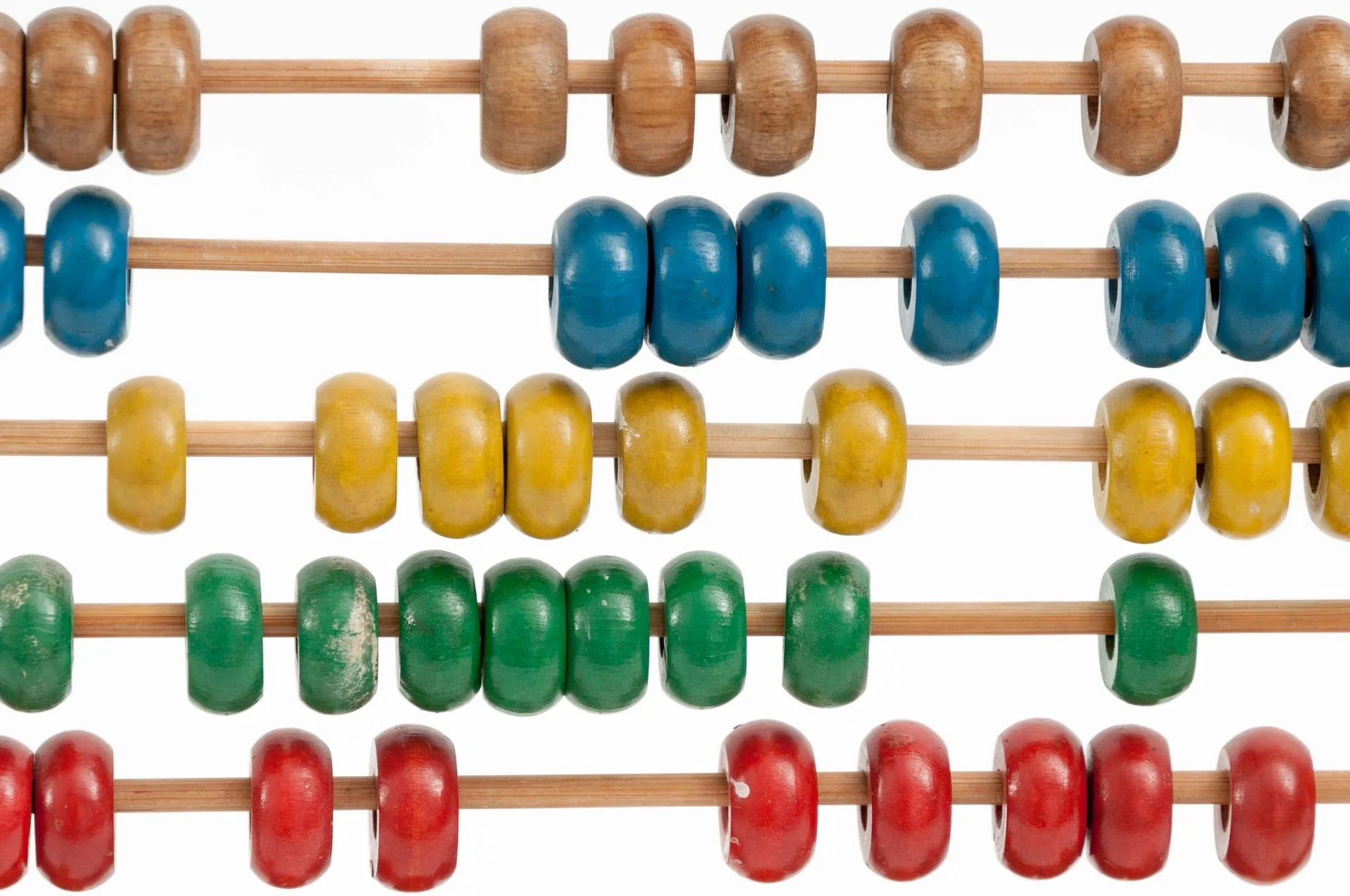Mercy is a word we rarely see or hear in popular culture or use in our day-to-day conversations. In this Whirlow blog, we look at a story by the Apostle Matthew and wonder what it has to say to us about the importance of mercy in our modern world – especially in this time of Lent.
We are invited to respond…
One of today’s recommended bible readings is from the Gospel according to Matthew. It is a story about mercy and forgiveness, which perhaps feels as relevant in our own troubled times as it may have felt to those listening to Jesus in first century Galilee.
You can find the whole of the story here. We paraphrase the opening two verses below:
Jesus is in the village of Capernaum with his disciples when Peter comes up to him and asks how often he should forgive another member of the church who sins against him:
‘As many as seven times?’ asks Peter.
Jesus replies: ‘Not seven times but, I tell you, seventy-seven times’
- Matthew 18: 21-22 (NRSV)
Pause for a moment and ponder on this conversation – what circumstances might have led to Peter asking this particular question of Jesus?
Can you imagine where Peter and Jesus are sitting or standing in this fishing village? Is the sun shining, or is it overcast and cool? What sounds can you hear in the background – maybe the splash of water from boats and nets?
Perhaps you can recall a moment when the hurtful behaviour of someone else caused you to ask Jesus the same question in your prayer – or maybe you felt like asking, but weren’t sure how to phrase it?
Do the numbers seven and seventy-seven used by Peter and Jesus feel puzzling, or maybe they reveal deeper truth about the call to forgive others?
Photo by Crissy Jarvis on Unsplash
In the bible story, Jesus then says to Peter and the other disciples:
For this reason the kingdom of heaven may be compared to a king who wished to settle accounts with his slaves…
He goes on to tell them a parable about this king – a compassionate ruler who showed mercy to a pleading slave, forgiving him his debts, only to learn later that this same slave has refused to extend the same mercy to a fellow slave. If you have time, you can read the whole parable here. Jesus concludes the parable with the words:
So my heavenly Father will also do to every one of you, if you do not forgive your brother or sister from your heart.
– Matthew 18: 23-35 (NRSV)
Spend a few moments with this parable if you like. How does the story make you feel?
Forgiveness in our modern times can feel like an easier term to understand than mercy – after all, most of us aren’t kings! And even royalty these days is no longer associated with the same power.
Forgiveness perhaps feels like an action or a decision, whereas mercy could be something ‘shown’ in the pure act of forgiving – a light shining in the darkness, or, as Shakespeare put it in The Merchant of Venice:
The quality of mercy is not strained,
It droppeth as the gentle rain from heaven
Upon the place beneath. It is twice blest:
It blesseth him that gives, and him that takes.
Perhaps the concept of mercy has been overshadowed by legal terminology such as justice or clemency. Even to say, or to feel that we are being merciful to someone could be perceived as being proud – and to acknowledge that one has been the recipient of mercy might require a degree of humility that makes us feel uncomfortable.
And yet the concept of a merciful God appears in various religions, including Hinduism, Christianity, Judaism and Islam. Performing acts of mercy as a component of religious beliefs is also emphasised through actions such as the giving of alms, care for the sick and Works of Mercy.
A concrete example of modern-day mercy in practice can be seen in the parents of murdered schoolboy Jimmy Mizen. They now visit schools and prisons to share his story: ‘in the hope that it can help some people to understand that actions can have unexpected consequences’.
Think about your own story, for a moment:
Have there been times in your life when you experienced or sensed mercy ‘falling’ on you, or on someone else, ‘like gentle rain’?
Can you recall times when forgiveness has been a struggle – when ‘gentle rain’ didn’t come easy?
How might you begin to cultivate this ‘quality of mercy’ in your day-to-day life?
You may like to listen to this music from The Porters Gate, that celebrates Christ’s call to be merciful to our fellow humans; whatever the circumstances.


